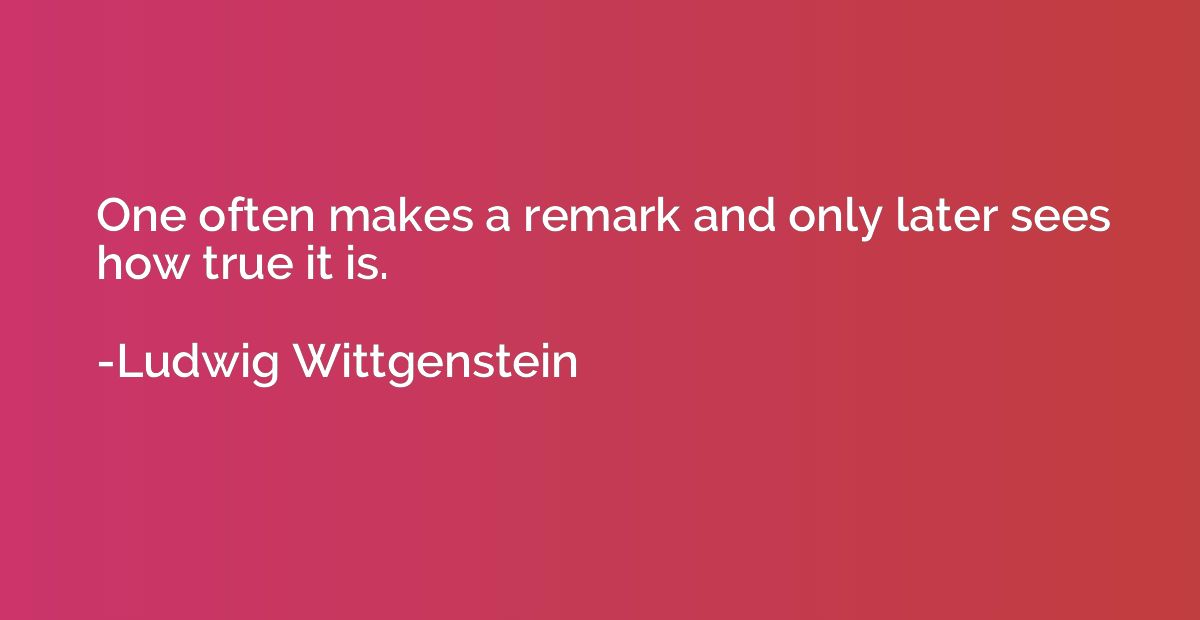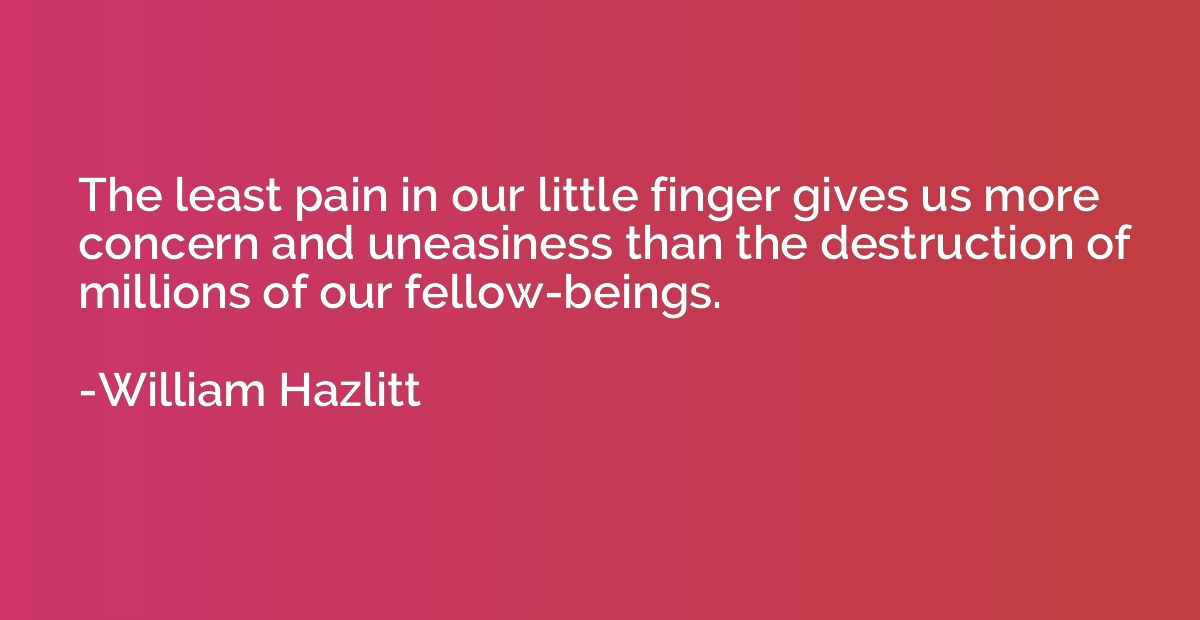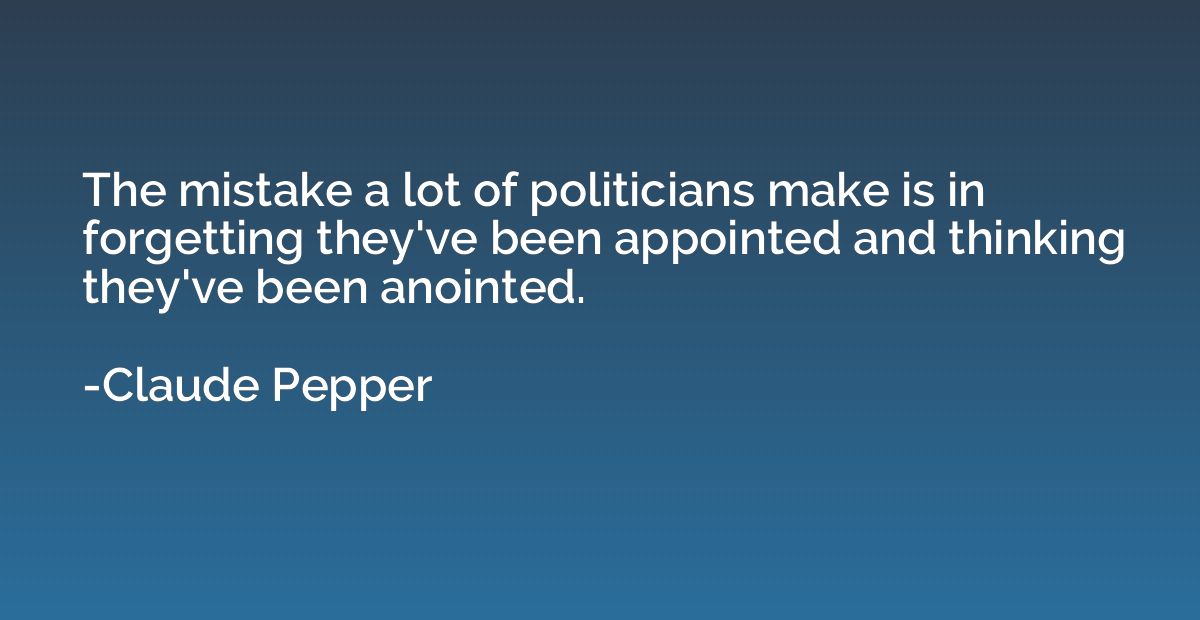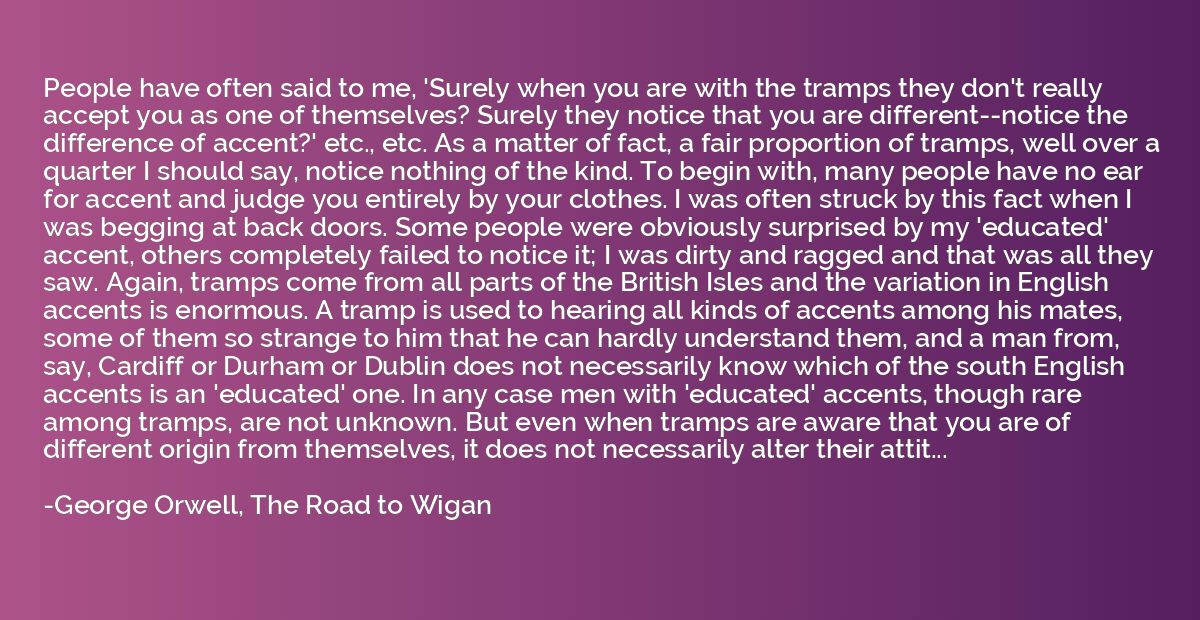Quote by Susan Sontag
Unfortunately, moral beauty in art -- like physical beauty in a person -- is extremely perishable. It is nowhere so durable as artistic or intellectual beauty. Moral beauty has a tendency to decay very rapidly into sententiousness or untimeliness.
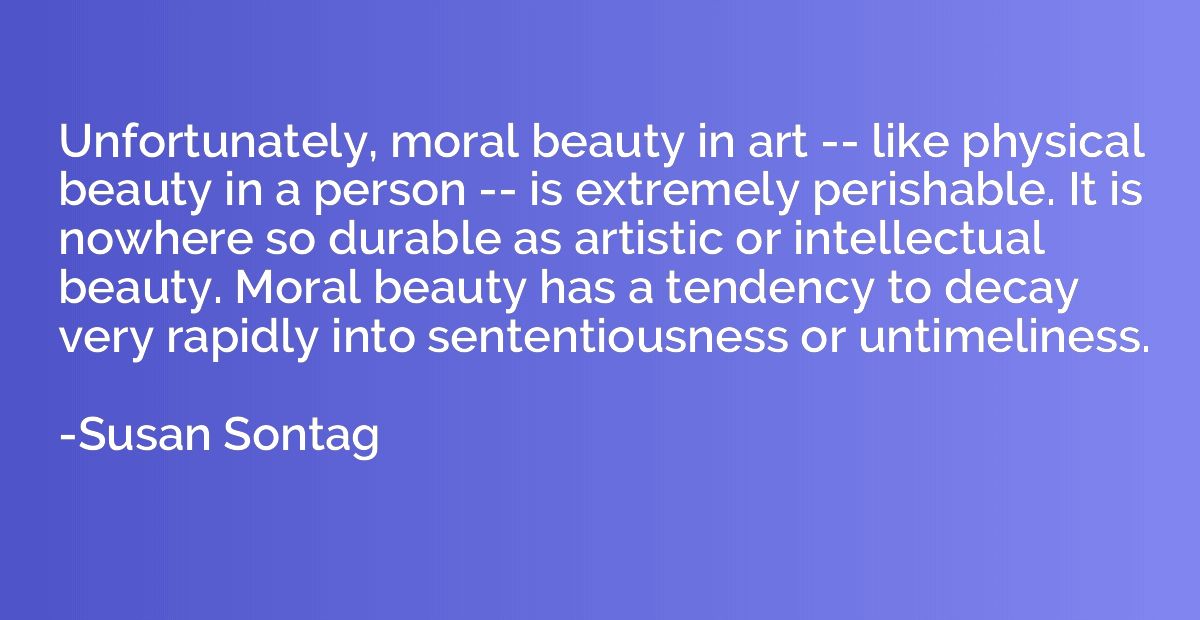
Summary
This quote suggests that moral beauty, which refers to the moral messages conveyed through art, is not as long-lasting as artistic and intellectual beauty. While artistic and intellectual beauty endure over time, moral beauty tends to lose its impact quickly and can become preachy or irrelevant. It implies that moral messages in art must be carefully crafted to avoid losing their relevance and becoming mere platitudes.
Topics
Morals
By Susan Sontag





